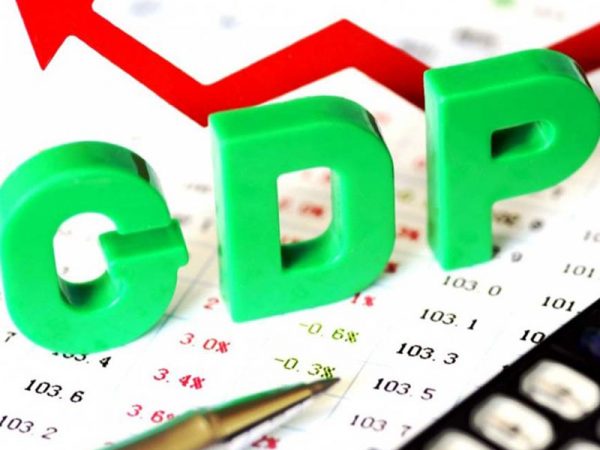Nigeria’s Gross Domestic Product (GDP) grew by 3.19% per cent (year-on-year) in real terms in the second quarter of 2024.
This growth rate is higher than the 2.51% recorded in the second quarter of 2023 and higher than the first quarter of 2024 growth of 2.98%.
The performance of the GDP in the second quarter of 2024 was driven mainly by the Services sector, which recorded a growth of 3.79% and contributed 58.76% to the aggregate GDP.
The agriculture sector grew by 1.41%, from the growth of 1.50% recorded in the second quarter of 2023. The growth of the industry sector was 3.53%, an improvement from -1.94% recorded in the second quarter of 2023.
In terms of share of the GDP, the industry and services sectors contributed more to the aggregate GDP in the second quarter of 2024 compared to the corresponding quarter of 2023. In the quarter under review, aggregate GDP at basic price stood at N60,930,000.58 million in nominal terms.
This performance is higher when compared to the second quarter of 2023 which recorded aggregate GDP of N52,103,927.13 million, indicating a year-on-year nominal growth of 16.94%. For better clarity, the Nigerian economy has been classified broadly into the oil and non-oil sectors.
The Nigeria’s first Professor of Capital Market, Uche Uwaleke reacting to the development noted that the aggressive hike in monetary policy rate in February and March 2024 by the CBN took a toll on output in Q2 2024.
According to Uwaleke, this may explain the decline recorded in major contributors to GDP such as Manufacturing, Trade, ICT and Real Estate.
The impact of high cost of petroleum products manifested in the huge decline in Transport GDP from 3.33 per cent to -13.53 per cent
Just like in Q1 2024, when growth was driven by the oil sector, growth in Q2 2024 was also driven by the oil sector at 10.15 per cent.
Oil sector growth was aided largely by the increase in crude oil price during the quarter as average crude oil production fell (from 1.57mbpd in previous quarter to 1.41mbpd)
He noted that the Non-oil sector performance was powered by the Services sector chiefly Financial services and ICT. This sector’s contribution to GDP in Q2 was 2.80 per cent, exactly same as in Q1 2024
“Manufacturing and agriculture sectors appeared hugely impacted by economic headwinds during the quarter. Growth rates were a mere 1.28 per cent and 1.41 per cent respectively.
The Agric sector (comprising 4 activities although dominated by crop production) improved in Q2 2024 to 1.41 per cent from 0.18 per cent in previous quarter.
The financial sector grew by 28.79 per cent, a clear demonstration that it is detached from the productive sectors of the economy.
In my view, this identified growth pattern, weighted in favour of the services sector, is not healthy for a developing economy such as ours. Little wonder, economic growth does not appear inclusive reflecting in rising unemployment and poverty levels.
It is time we reset this faulty economic structure, leveraging technology, in favour of the productive sectors: Industry and Agriculture,” he said.
Indeed, structural change is strongly recommended (by UNCTAD) as one of the ingredients of building productive capacities.





